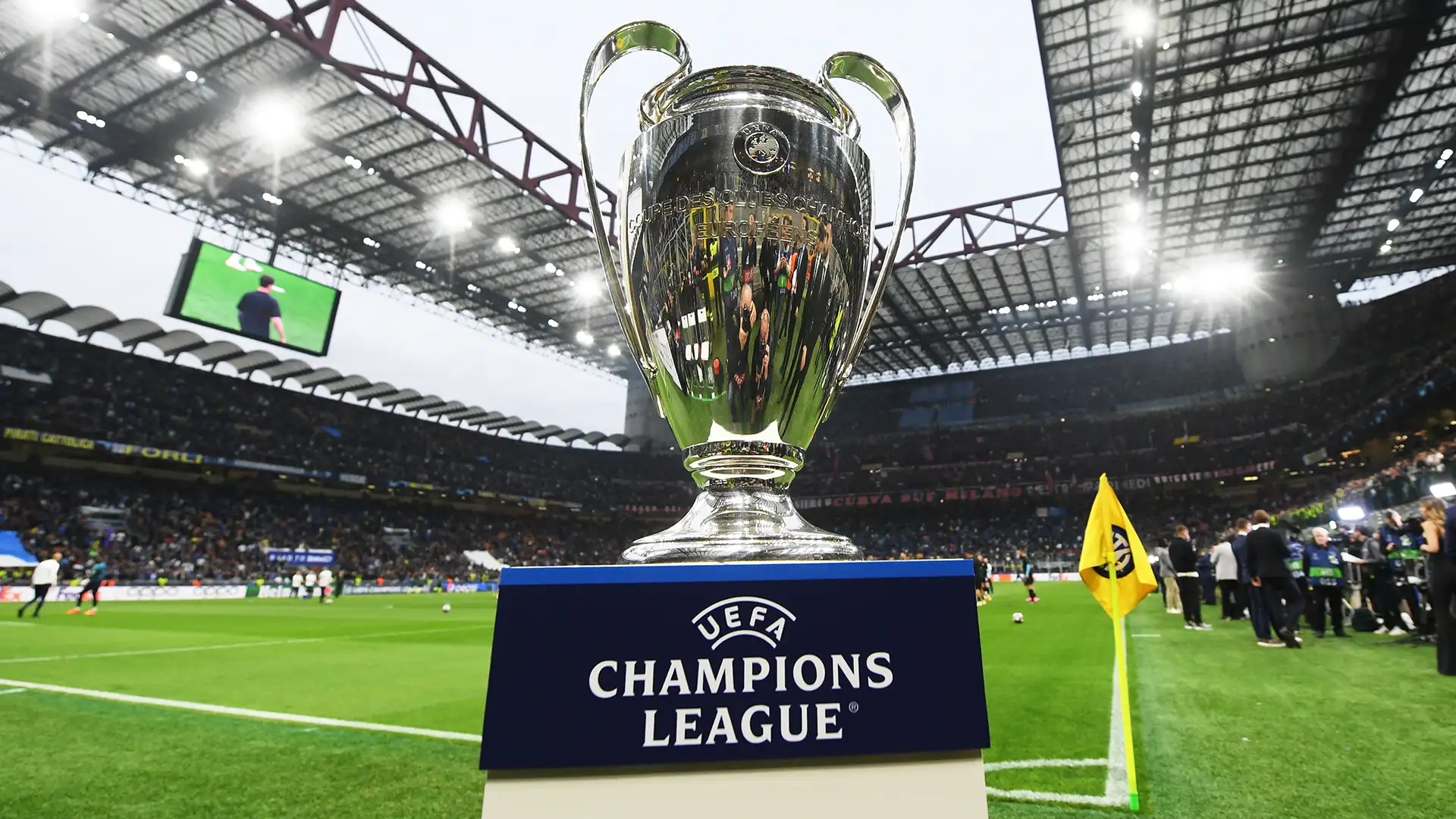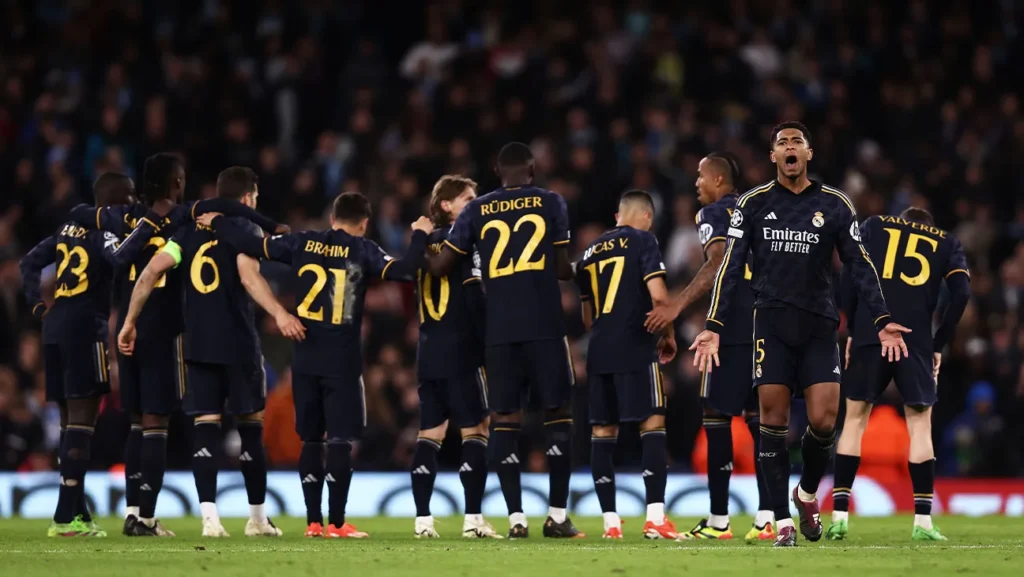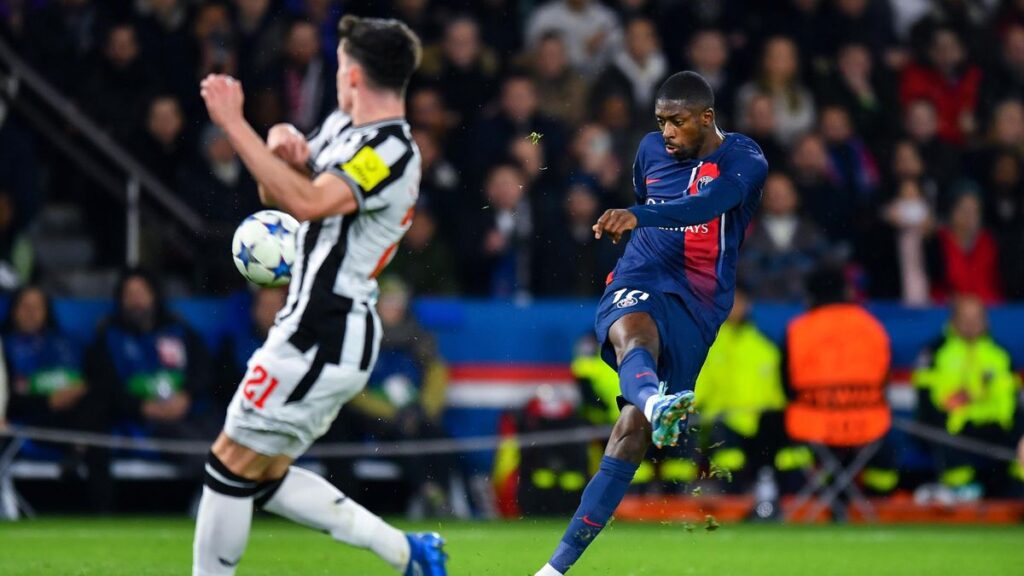With the new league format, UEFA Champions League has drastically changed how its three-core club competition operates, however, the financial gulf may be widening. A further trend of the “haves” and “have nots” is evidenced when you look at some of the odds on winning the competitions from the best offshore sportsbooks on the market. There were many potential winners in the Europa League and Conference League, but the UCL looks like an increasingly closed shop in the latter stages.
New prize money allocation for the UEFA Champions League
The grandest competition in club football gives the winner a substantial prize fund. 25 million euros will be awarded to the victor of the 2024/25 UEFA Champions League, which is identical to last season – but is 25% up from the 2022/23 allocation.
That sounds like a lot of money on paper, but it isn’t in football. Transfers for players cost a lot more. Patrick Dorgu cost Manchester United 30 million euros from Lecce. Neither club participates in the UEFA Champions League, yet this money is thrown about furiously. The prize money doesn’t cover these transfers that clubs are eager to spend to reach the competition.
The financial figures drop for the various stages, with 18.5 million euros for the runner-up trickling to those participating in the qualification rounds. Although the prize money for those earlier rounds is nominal, it wouldn’t cover a remedial transfer fee for an EFL League One player, never mind one needed to compete in the UEFA Champions League.
Performance-based prizes for league position finishes
24 of the 32 teams in the UEFA Champions League will advance from the first phase. However, the eight eliminated teams still want to finish as high as possible. The concept is to reward teams for their performances on a staggered basis, so in the event of a dead rubber match, the clubs are still motivated to turn up and play to win.
A good example of this came on the last matchday of the 2024/25 season. Sturm Graz played Red Star Belgrade, despite neither team being able to qualify for the top eight or even the playoffs – in the past, this would have been considered a dead rubber.
However, the new system rewarding teams for finishing in higher placements meant that both teams wanted to secure three points and get a slightly higher prize pot. While the exact figures are unknown, they were enough to motivate the Serbian team to win on Austrian soil. Spare a thought for the Swiss team, Young Boys, who finished dead last in the league standings – losing all their games and finishing with zero points; as they were the 32nd-ranked team, they will receive the least amount of money out of all the teams participating in the competition.
Just like in previous competition variations, teams are believed to receive still some financial reward for in-match accomplishments like scoring goals and keeping clean sheets. However, the details of such incentives are not widely available.
Is prize money even worth it these days?
Who remembers the UEFA Champions League final from 2020? Bayern Munich won the match with a singular goal from Kingsley Coman, scoring against his former club, Paris Saint-Germain. Despite taking the silver medals, PSG took home the golden coins as they earned more money than the tournament winners – due to the revenue distribution. UEFA adjudged that PSG was worth more to the confederation’s revenue streams via merchandise, viewership income, and ticket sales, and subsequently, they were paid more. What’s the point of a prize fund for the winner if the organizers give more to the losing team?
This is a UEFA Champions League-specific problem, however. Take England’s football landscape. The League Cup, or Carabao Cup as it is known…gives £100,000 to its winners. On-field achievement being rewarded with such menial pocket money probably wouldn’t pay a week’s wages for some players.
Prize money has lost its value to sponsorship and broadcast deals. Red Bull famously started sponsoring Leeds United for the 2024-25 season, a team that won nothing in the prior season and plays in the second tier of English football. This boardroom negotiation, however, earned a reported £75m. That’s considerably more than the prize fund for winning the trophy, as mentioned above.
Is UEFA too trusting of the national associations?
The official line is that UEFA will ensure that clubs outside the European competitions will see financial benefits and gain from their national peers playing and progressing in the UEFA competitions. If a team from England makes it to the final, the rest of the English football pyramid should rejoice because they’ll be able to celebrate Manchester City winning the top prize, as they will benefit from it.
So, how do these teams get said funds? From the official PDF on prize money made by UEFA:
Payments to non-participating clubs through their national associations amount to 7% [of the overall gross revenue].
In as many words, they don’t get the money directly. Instead, UEFA will allocate it to their governing FA. That windfall payment for Kidderminster Harriers because Manchester City won the trophy isn’t coming. The national associations can spend the money as they see fit. The reality is that none of them will write equal-footed cheques for all the teams, not in European competitions; they will probably spend it on national training facilities, related initiatives, or give their chairpersons a bonus.
That 7% (estimated to be around 300 million euros) will be shared among each national association represented in the competition. The details of how it will be shared have not yet been disclosed – it will probably be weighted on performance, etc.
Will the gap grow between UEFA participants and non-participants?
The problem with the current prize money format is that there is no equality or transparency on the funds allocated to help raise the quality and competitiveness of teams outside of the UEFA status quo. It rewards the rich and those who do well with more money to extend their dominance at the top of the European game.
Bayern Munich, Real Madrid, Manchester City, and FC Barcelona could all realistically win the UEFA Champions League between now and the next 30 years with no other club interrupting this sequence.
In theory, those clubs and national associations would collect the lion’s share of the prize and other funds. There is no direct payment system for the lower ranks of football. How are Levante, Stockport County, and Hadjuk Split supposed to break into the UEFA spots without the support needed? It’s not like the clubs who consistently play in the UEFA competitions need more money…
The job becomes even harder when you consider that funds are going elsewhere. Top young players performing well or head coaches elevating teams above their station will be tempted by the allure of money by the bigger clubs. That local lad talisman for Dynamo Dresden will be snapped up quicker than ever as the scouting network for Manchester United gives him the chance to lose just as many games and be paid 100 times as much as his boyhood club.
The end result is that the financially blessed clubs can afford to buy the best players from any market with better facilities, etc. Clubs without financial resources have to scrimp to get a single payday.



